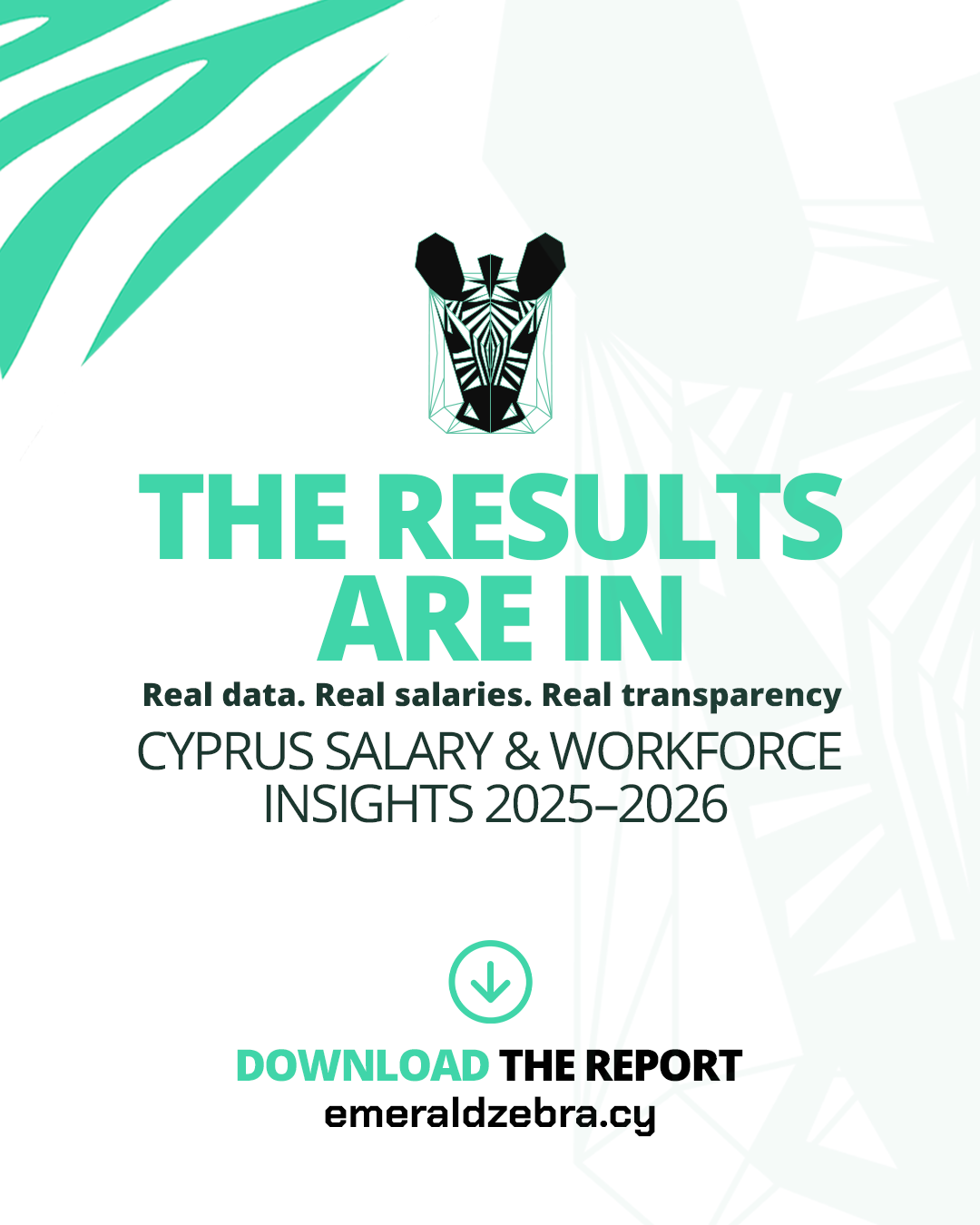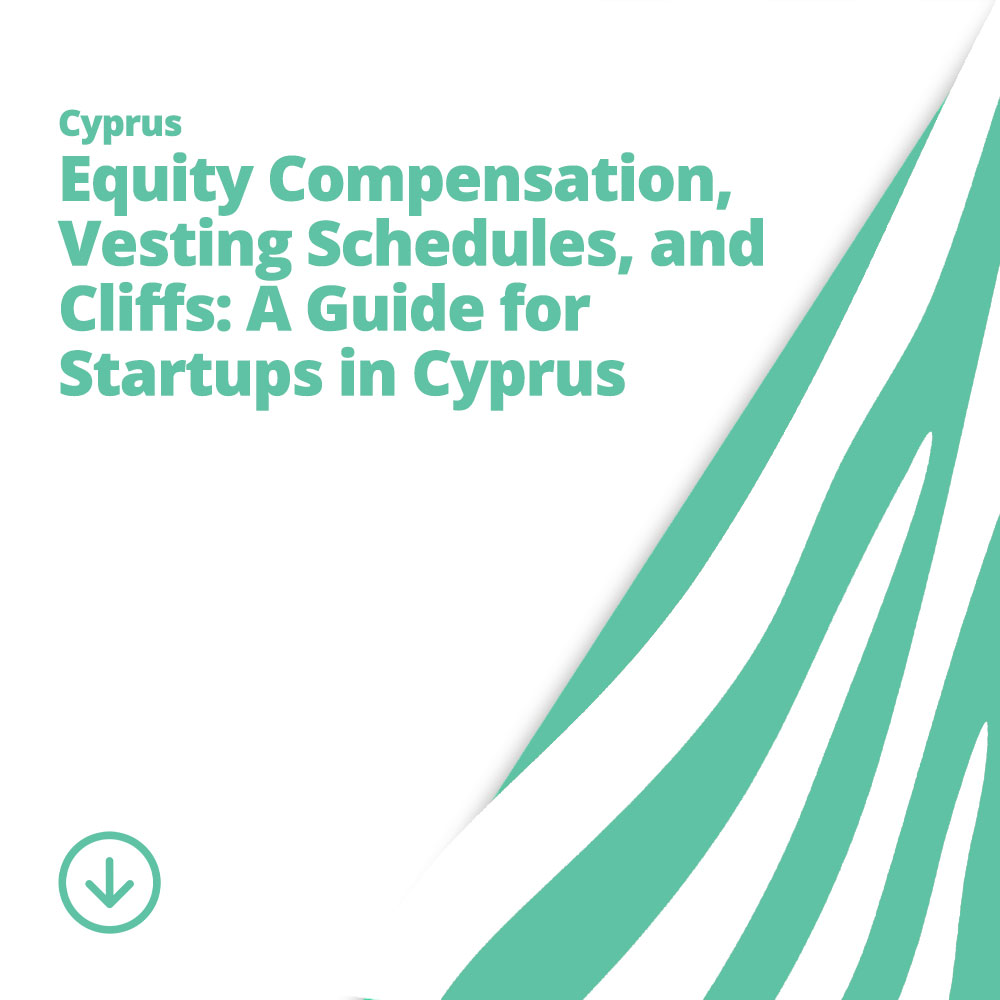During times of high unemployment, it was extremely easy for organisations to have the pick of the crop of candidates for any position they might advertise. Candidates would simply see a salary, look at the job description, then think ‘is it a good salary for my skills?’ If the answer was yes, they would click a mouse to join the plethora of applicants.
Yet, today, with the current skill shortage post-pandemic, in the new normal of hybrid office attendance or even 100% working from home (WFH) and the great resignation, candidates are not looking for just any job that will pay the bills. Nowadays, candidates are looking at job ads and thinking: ‘this could be OK – but what’s in it for me?’ If the rewards are sufficient (and not just in terms of salary) they may apply. Employers therefore must be seen to offer flexible hours, birthdays off, gym membership, mental health days and many other benefits to gain interest from prospects seeking the next best opportunity for their career. In short, the boot is now firmly on the other foot.
Now it’s time for more employers to be selling themselves to candidates, but so far, looking at most vacancy adverts all over the web, there is a lot of room for improvement. Not only have the sheer quantity of adverts led to a constant glut of humdrum ‘job alerts’ on people’s screens; they have become lengthy, tedious wish lists of what a candidate must do, and what competencies they must possess. For businesses to attract A+ talent, they should move away from endless job descriptions with ‘must have’ qualifications and experience. Organizations need to sell themselves, together with the career opportunity and the benefits of working with them.
Imagine if the HR department of a car manufacturer used the same strategies of selling job vacancies to candidates as their marketing department did when selling their vehicles to their potential customers- that would be interesting to see! After all, you don’t sell a brand-new Porsche by simply listing its specifications. You sell the driving experience, the joy of piloting a piece of perfect engineering, the adrenaline rush on a twisty road, not the luggage capacity of the boot space. Companies need to cut those lengthy lists of responsibilities and focus on what they want to really accomplish for both parties.
So how does a company sell its vacancies, and how can a potential candidate assess whether they’re suitable for a role? Nowadays, candidates look first at a company’s culture before the specifics of a position.
Recruiters should be thinking afresh for this candidate-short market. The likelihood of any future employee already being in employment is high. In that case, recruiters perhaps ought to be thinking:
- Why should someone leave their existing job to join another company?
- What is the problem or task being solved through this new hire?
- Potential hires need to be informed of what they’re expected to accomplish, what exactly the projects are that they’ll be working on and what are the resultant rewards they’ll receive.
- Employees need to know how a company intends to measure their success, and what’s in it for them when they reach those targets.
Also, in times where candidates are in short supply, a rethink on traditional norms might be required; why hire solely proven experience? What about people who have the skills and exposure under other leadership to carry out the tasks that the employer wants to achieve? What about those that are ready to step up to the task of being that leader themselves? Employers should remove existing bias around hiring people that have proven to have done the job, because other people might achieve even more by doing things in new ways. Employers need to shift away from rigid criteria, which often dictate that if candidates don’t meet 20 ticks on a list, they’re automatically ruled out. Inflexibility must be consigned to history; in this new normal, novel approaches need to be nurtured.
By HR adopting these new practices, in producing meaningful and impactive adverts and looking afresh at candidates’ competencies, this can reduce the time spent hiring, which is a win/win for all concerned; especially as it’s becoming ever more necessary to understand that both the jobseeker’s time and that of the employer are equally important.
This is where working with us at Emerald Zebra comes into its own. We’re an agency that carves its own niche, we build communities of candidates and companies. This accelerates hiring because the foundation of trust is strong. Our clients know we don’t just send someone who can ‘do that job’ –we ask ourselves if the relationship is likely to be long term and lucrative for everyone concerned; as we see it, the closer the knit, the tighter the fit.
At EZ, we work on personal experience, human intuition, knowing what makes people tick – their desires and hopes both at work and in their lives generally. Work-life balance and job satisfaction are becoming worth more than money. AI matching and recruitment software might be useful tools but will never replace our inherent judgment or personal connections.
That’s how we’ve earned our stripes at Emerald Zebra. Why not get in touch to see for yourself.



